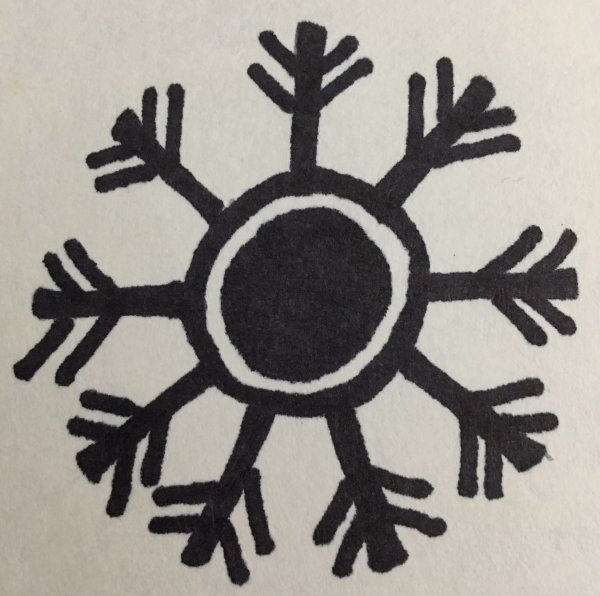Nicknames: barbarian wizards, tribal mystics, tattoo wizards(polite), savage wizards, (derogatory)
Like all wizards, body wizards follow formulas and rituals handed down over generations. Body wizards stand out because they don’t carry a spell book, they are a spell book. They mark their mystic abilities on their skin with ritual tattoos or scarification. These marks grow more extensive as the wizard becomes more powerful.
While this style of magic is very distinct from other types of wizardry, there enough commonalities in arcane magic that a mage of another mystic tradition can examine a body wizards tattoos and make a good educated guess on what schools of magic he or she focuses on.
It is possible for a body wizard to use small, relatively subtle tattoos easily concealed by clothing, but most body wizards are not subtle people and a body wizard that hides his or her marks from view is going at the very least get some ribbing from other body wizards.
Body wizards can and do study all eight schools of magic.
Conjuration magic is especially popular and many body wizards like to directly commune with
spirits. Despites their primitive and direct means, body wizards have a lot of salt of the earth wisdom and also favor
Divination magic. Being physically oriented people,
Transmutation magic is often focused on.
The school of Enchantment and
Illusion are somewhat less commonly represented.
Apprentices And Training
A universal rule of arcane magic is that magic always has a price. Body wizards often believe that the best way to pay the price is with blood and pain.
Would-be apprentices to body wizardry are expect to make it through brutal tests of endurance and willpower with every young apprentice going through a personal vision quest fueled by pain and hardship.
To their credit, this process seems to work well. Body wizards tend to unlock their first magic spells quicker in their training than most other magical traditions.
Not too surprisingly, most body wizards are also well-trained in wilderness survival and hand-to-hand combat.
History And Spread
There are no records of body wizardry or anything like it in the
the First Age or
the Second Age apart from an oddball mage or two choosing to use tattoos to cosmetically announce "I'm a mage!"
In
the Red Era, the was a fairly widespread tribe of barbarian
elves that called themselves the Rylekian
elves. The Rylekians viewed tattoos and very culturally important and almost all of their mages were body wizards. They claim to have a Second Age legacy, but no surviving historical records before the
Second Unmaking backed up their claim.
The Rylekian
elves are now effectively extinct, their numbers declined in intermittant fighting with human tribes and then the survivors opted to join the
land of Codenya or
the nation of Kahdisteria now genetically and culturally indistinguishable from mainstream
wood elves and
dark elves. That said, both of these modern elf groups have a small body wizard communities and tattoo enthusiast subcultures in the Feudal Era which are cultural legacies of the Rylekians.
Most magical historians believe that body wizardry was developed early in
the Third Age. Theologians and storytellers argue whether this brand of magic was created with
Greymoria's eager support, reluctant support, or against her wishes. Modern body wizards run the full theological range with regards to how they view
Greymoria and whether they fear or love her or are ambivalent towards her.
Even the ancient Rylekians could not agree on what
Greymoria's place. Not too surprisngly most of the pro-Greymoria Rylekians joined Kahdisteria and most of the anti-Reylekians joined Codenya.
Most body wizards are
humans or
orcs, not
elves. Body wizards are far more commonly seen among barbarian nomadic than civilized folk, but a few civilized nations assimilated barbarians into their cultures long ago, and picked up small
lineages of wisdom keeping the lore of body wizardry alive. Body wizards are a relatively common sight in
Kantoc and some regions of
Umera and
Penarchia.
Body wizards are not always welcome at fancy banquets, but most societies value magical power and utility enough that they will overlook cultural idiosyncrities if the mage in question is useful.


Comments